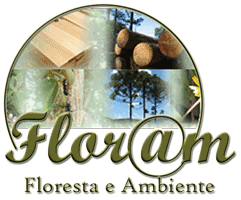The purpose of the present study was to assess the diversity and succession of family Trichocomaceae in areas with different levels of human disturbance, namely, most impacted area and least impacted area. This research was carried out in "Parque Natural Municipal Curió" (Natural City Preserve) in Paracambi, State of Rio de Janeiro. Two areas with different levels of human disturbance were selected and, in each of these areas, a 1,000 m² plot was delimited, where soil and leaf litter samplings were collected for fertility and mycobiota assessment. In general, the most impacted area presented the highest values for pH, Ca and K. The highest values of leaf litter yield were also observed in this area, which contributed to the higher values of K - an element easily leachable in mulch. The highest values of Colony Formation Units (CFU) in soil and litter: 5.4 × 10(4) and 9 × 10(4), respectively, were observed in the most impacted area. This area also presented the highest values for Ca in soil and litter, which suggests that this nutrient may contribute to the greater number of CFUs. For the least impacted area, the CFU values were between 4 × 10(4) for litter and 5 × 10(4) for soil; no clear association was observed between the higher number of CFUs and the concentrations of nutrients in soil and/or litter. The total number of fungi isolated was 87, belonging to four different genera and 22 species, with 16 Penicillium spp., four Aspergillus spp., one Paecilomyces sp. and one Trichoderma sp. No clear association was noticed between climatic variables and the number of CFUs. The greatest amount of CFUs was observed in the most impacted area, both in soil and leaf litter. The higher concentration of Ca quantified in this area suggests that this nutrient may be contributing to the increase in CFUs. The genera Penicillium spp. was the most representative fungus in both areas.
mycobiota; diversity; impact of soil use
